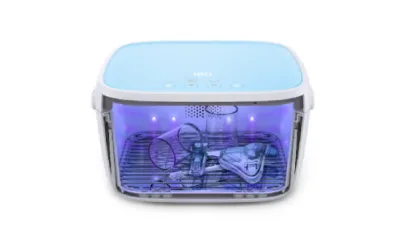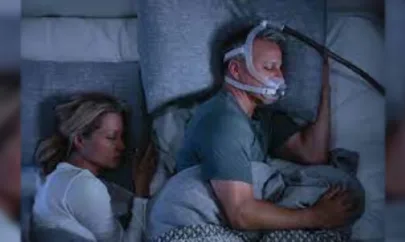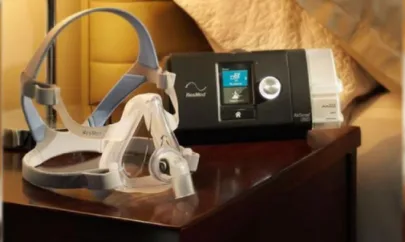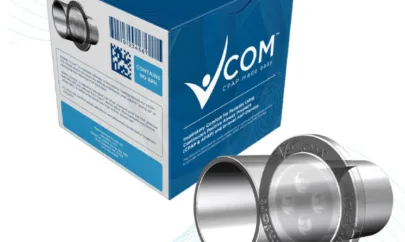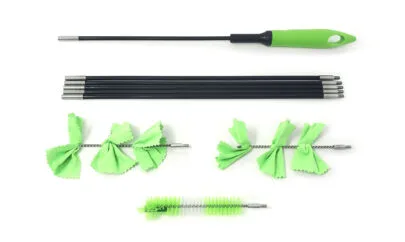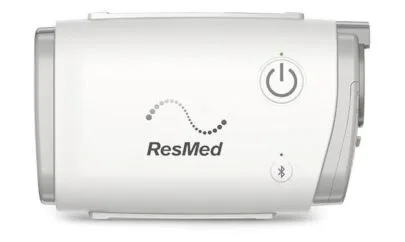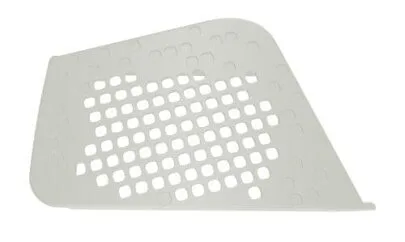
CPAP Mouth Tape vs Chin Strap for Mouth Leaks
Continuous positive airway pressure (CPAP) machines are used in the management of breathing disorders such as obstructive sleep apnea (OSA). These machines work by delivering a continuous flow of pressurized air through a mask to keep the patient’s airways open during sleep. This prevents interruptions in breathing for better quality sleep and improved health and well-being.
CPAP is highly effective in the management of breathing disorders; however, there are certain common issues that may need addressing for optimal results. One of these issues is mouth leaks, where pressurized air escapes from the mask rather than flowing directly into the patient’s airway. Mouth leaks can greatly reduce the effectiveness of your CPAP therapy, leading to poor sleep quality, increased snoring, and even a dry mouth.
Two popular solutions for addressing mouth leaks are CPAP mouth tape and chin straps. They are both highly effective and by understanding the benefits of each you will be able to decide which is the most suitable for you. In this article, we will explore both mouth tape and chin straps, and discuss why CPAP mouth tape is the preferred option for preventing mouth leaks and improving your overall sleep experience.
Causes of Mouth Leaks
Mouth leaks are a common issue faced by patients on CPAP therapy. There are many factors that can result in mouth leaks, the most common of which is mouth breathing. When you sleep with your mouth open, the pressurized air from the CPAP machine, which is intended to enter your nose and into your airway, can escape through your mouth. This issue is especially problematic for users of nasal masks or nasal pillow masks, as these designs do not cover the mouth.
Patients who wear full-face masks, which cover both the nose and mouth, are less likely to be affected by mouth leaks. However, if your mask is the wrong size or incorrectly fitted then air can still escape.
Sleeping position can contribute to mouth leaks. Sleeping on your side or stomach can increase the likelihood of mask leaks, including mouth leaks, as the pressure on the side of the mask can disrupt its seal. Patients who move a lot in their sleep are also more likely to experience mouth leaks.
Untreated Mouth Leaks
Untreated mouth leaks can have several negative consequences on the effectiveness of CPAP therapy and overall sleep quality. It reduces the efficiency of CPAP therapy. When air leaks out through the mouth, the pressure required to keep the airway open is not maintained, leading to inadequate treatment of obstructive sleep apnea (OSA). This can result in continued sleep disruptions, snoring, and other symptoms associated with untreated OSA.
Mouth leaks can also lead to dry mouth and throat discomfort. Since the air is not humidified as it exits the mouth, it can cause dryness and irritation, making it uncomfortable for the user. Also, it affects sleep quality and duration. Air leaks disrupt the continuous positive airway pressure, leading to poor sleep quality and potentially causing the user to wake up feeling unrefreshed.
Enhanced Seal and Comfort
When comparing CPAP mouth tape to chin straps, one of the standout benefits of mouth tape is its ability to enhance the seal and comfort of the CPAP system. Mouth tape for CPAP users promotes nasal breathing by keeping the mouth closed, which helps maintain the pressure delivered by the CPAP machine. This ensures that the airway remains open. Unlike chin straps for CPAP users, which may not always keep the mouth closed effectively, mouth tape is more direct and reliable.
Mouth tape is thought to be more comfortable and is often preferred because it does not add bulk or pressure to the chin and jaw area. Chin straps can sometimes cause discomfort if they are too tight or if the user has a sensitive jaw. Mouth tap is typically gentle on the skin and does not restrict movement, making it a more comfortable option for many users.
Simplicity and Ease of Use
Another significant advantage of CPAP mouth tape is its simplicity and ease of use. Applying mouth tape is a straightforward process that requires minimal effort. Unlike chin straps, which need to be adjusted and fitted properly to ensure they work effectively, mouth tape can be quickly applied before sleep. This simplicity makes it easier for users to incorporate into their nightly routine, enhancing compliance with CPAP therapy.
Improved Sleep Quality
The use of CPAP mouth tape can also lead to improved sleep quality in several ways. By ensuring that the mouth remains closed and promoting nasal breathing, mouth taping for sleep apnea helps in maintaining the continuous positive airway pressure. This leads to a more consistent and effective treatment of obstructive sleep apnea, resulting in better sleep quality and reduced symptoms such as snoring and sleep fragmentation.
Studies have shown that mouth taping can reduce the Apnea-Hypopnea Index (AHI), which is a measure of the severity of sleep apnea. For instance, a study found that mouth taping significantly reduced the median AHI in some participants, indicating improved sleep quality and better management of sleep apnea.
Safety of Mouth Taping
While CPAP mouth tape can be an effective solution for preventing mouth leaks, it is important to address the safety concerns associated with this method. Mouth taping can pose several risks, including impaired breathing and reduced oxygen levels. Taping your mouth shut may limit your ability to take full, deep breaths, which is particularly concerning if you have underlying respiratory issues. Also, during a sleep apnea event, if your CPAP machine fails, having your mouth taped could prevent you from taking quick breaths through your mouth, potentially leading to suffocation.
Mouth taping is not suitable for everyone. Individuals with certain health conditions, such as nasal breathing problems, severe heart or lung issues, or obesity with a BMI over 35, should avoid using mouth tape. If you have a cold, ear or sinus infection, or if you have consumed alcohol or sedatives, it is advisable not to use mouth tape.
Given these risks, consulting your healthcare provider before starting CPAP mouth tape is essential. They can help you weigh the benefits against the potential risks and ensure it is a safe option for your specific health situation.
Choosing the Right Product
There are different types of mouth tape to choose from to meet your individual requirements and preferences. Look for mouth tapes specifically designed for sleep and made with hypoallergenic materials to reduce the risk of skin irritation. Some users may experience allergic reactions or discomfort due to the adhesive, so choosing a product gentle on the skin is important.
Consider the material and adhesive strength of the tape. A tape that is too strong can cause pain during removal, especially if you have facial hair. However, if the tape is too weak it may not stay in place throughout the night.
Read reviews and follow manufacturer guidelines to ensure proper use of the product. Correct application and removal techniques can significantly reduce the risk of side effects, such as irritation or discomfort.
Talk to Your Doctor
CPAP therapy is an effective method of managing and treating breathing disorders. Although it has many advantages, there are certain common issues that can affect patients. Mouth leaks are experienced by many patients and occur when air leaks out of the mouth rather than passing directly to the airway to keep it open.
There are two main options for preventing mouth leaks, which include CPAP mouth tape and chin straps. CPAP mouth tape is more popular than chin straps as it is simple to use and highly effective at reducing mouth leaks. The tape keeps the mouth firmly shut so that all the air passes straight through the airways, keeping them open whilst the patient sleeps.
CPAP mouth tape may not be suitable for everyone, and it is important that you speak to your healthcare provider to find out which is the most effective solution for you. CPAP therapy is often prescribed for long-term use, so it is important that you are happy and comfortable with the way it is working. If you are experiencing mouth leaks, then you need to address this sooner rather than later to prevent persistence or worsening of your symptoms and further health complications.




